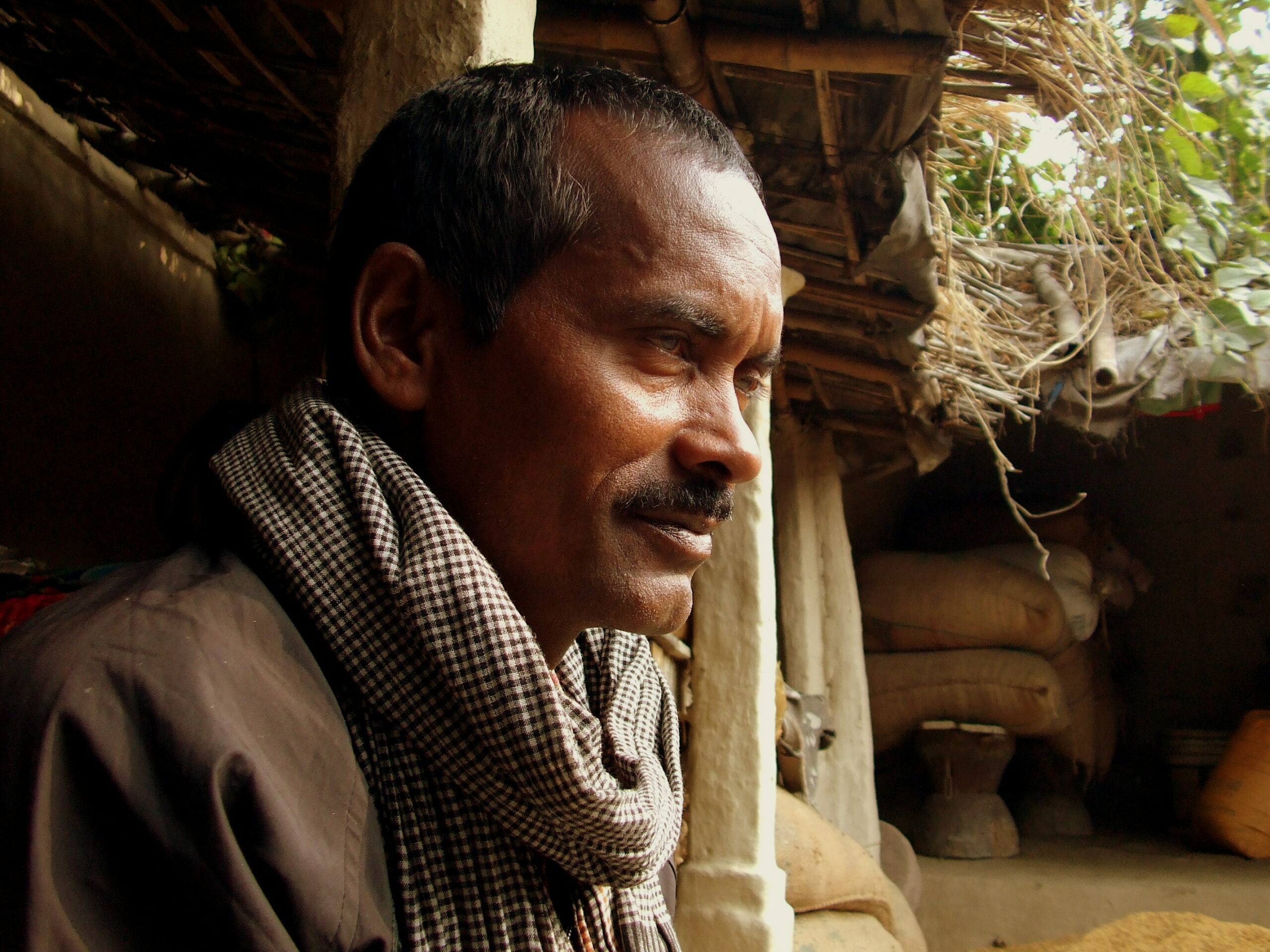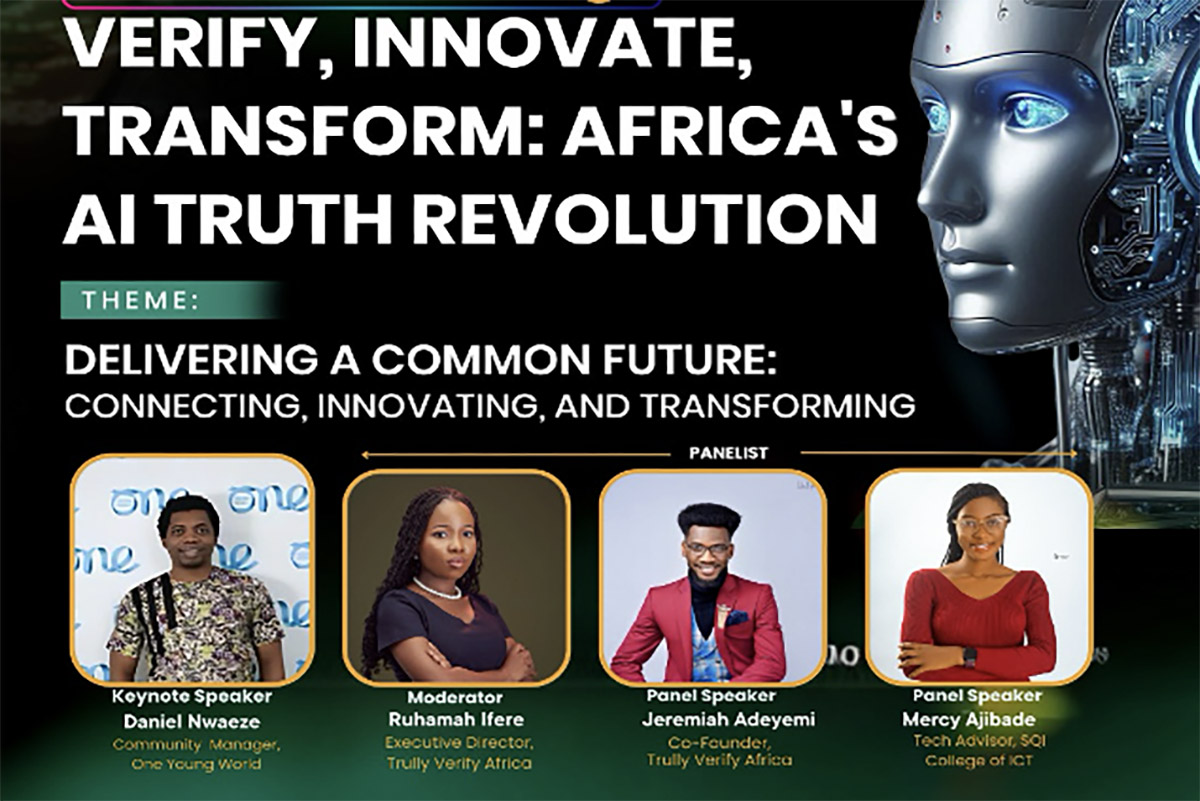"Participation is the pillar of democracy"
January 4A four-year-  long struggle for workers’ rights has transformed a rural Indian village, writes Shomira Sanyal, 19, a Correspondent from New Delhi in India, who says an unlikely figure became a model of social activism.
long struggle for workers’ rights has transformed a rural Indian village, writes Shomira Sanyal, 19, a Correspondent from New Delhi in India, who says an unlikely figure became a model of social activism.
Deepnarayan, a Uphrel villager in the Sikti block of Araria in Bihar, India, is hardly a stereotypical activist.
His warm and humble greeting belies his fierce commitment for the work he does. As I spend a day with him in his village to know how work is being conducted under the MNREGA (Mahatma Gandhi National Rural Employment Guarantee Act), I am intrigued by the near-perfect situation in his village.
Seldom does one come across this kind of successful implementation of the scheme, given its all-too-familiar story of inefficiency and corruption at various stages. In this remote village, on a cold mid-December day, Deepnarayan of Amgachhi panchayat tells me his story.
In many ways he represents the poverty-ridden folk who are plagued by land issues and constant feuds with zamindars (landlords) in the village. A few years ago one such feud escalated and he was enmeshed in various legal battles. Thus embroiled, he was put in conflict with the ‘powers’ in his village, was accused of crime, and forced into steep court costs. Around the same time, he lost his mother, his daughter died during childbirth and the grandchild that was born became his responsibility. This cost a great deal emotional distress and Rs. 70,000 in expenses. It was a difficult time for him and his family.
Deepnarayan had to take up mazdoori (labour) to generate enough money to fight his case in court. It was 2009, the rate for the labour at worksites was a terribly low sum of Rs. 10/day, and MNREGA had not yet taken off as a Government scheme in his village.
As fate would have it, when Deepnarayan had to go to Araria for his court hearing he learned about a Jan Jagaran Shakti Sangathan (JJSS) meeting in town that day. JJSS is a registered trade union of unorganized sector workers in Bihar, primarily working on the MNREGA and Right to Information (http://www.jjabihar.org/). It was here that I interned and hence met Deepnarayan.
Deepnarayanji decided to simply attend the JJSS meeting, where he managed to obtain a pamphlet and subsequently contacted the member of the organisation who used to visit his panchayat (local government) to monitor the MNREGA work taking place there. He informed all the other mazdoors (labourers) in his village about this. Initially, there was opposition from the authorities, threats and hurdles, but he was relentless. Deepnarayan’s demand was simple: the mazdoors should get their full share of 100 days work and the daily minimum wage outlined under the scheme. Some officials tried their best to quash his attempts at achieving these goals, often thwarting him when it came to assigning of work, but Deepnarayan stood his ground. He also sought support from the JJSS. It was a tedious process and a big struggle. However, the villagers were united on the issue and were firm about their demands.
Since then, the village and panchayat has come a long way in a short span of time. Today, the villagers have fought for the five basic amenities guaranteed by law at the MNREGA worksites and have succeeded in obtaining full pay for their work. Their crowning achievement is that they have managed to reach their full potential – 100 days of work each year – for the past four years. This is truly an ideal situation and a remarkable feat.
Deepnarayan’s perseverance and awareness coupled with the villagers’ demand for basic rights and transparency could be viewed at best as an exception in contrast to most other places in the country. Too often corruption hampers the implementation of well-intended schemes. Still there are vital lessons that can be learnt from this small village and its people.
No matter how much the corrupt try to bring you down, determination, honesty, courage, and more importantly, unity among the people as a whole will triumph.
People’s power and participation is the pillar of any democracy. While one may often have to struggle to achieve one’s basic rights, or struggle to achieve more transparency in bureaucratic affairs and implementation of schemes, it is not altogether impossible to do so if people are honest, hardworking and willing to take up the difficult task of bringing about changes in the system as a whole.
It is by seeing a model village like Uphrel and meeting people like Deepnarayanji that I am reassured that there is hope for a better tomorrow, and that though there may be many struggles for basic rights, it is within the people’s means to overcome these barriers and emerge victorious at the end of the day.
………………………………………………………………………………………………………………
About me:
I am pursuing a Bachelor’s Degree in Sociology at Lady Shri Ram College, New Delhi. I enjoy reading, travelling and meeting people. I have deep interest in developmental work that will improve the lives of India’s marginalized, and have worked in rural India with NGOs including the Right to Information, the Right to Food, the Public Distribution System, and the Mahatma Gandhi National Rural Employment Guarantee Scheme. I believe in the Gandhian saying, “Be the change you want to see”.
………………………………………………………………………………………………………………
Opinions expressed in this article are those of the author and do not necessarily represent the views of the Commonwealth Youth Programme. Articles are published in a spirit of dialogue, respect and understanding. If you disagree, why not submit a response?
To learn more about becoming a Commonwealth Correspondent please visit:
http://www.yourcommonwealth.org/submit-articles/commonwealthcorrespondents/
………………………………………………………………………………………………………………




